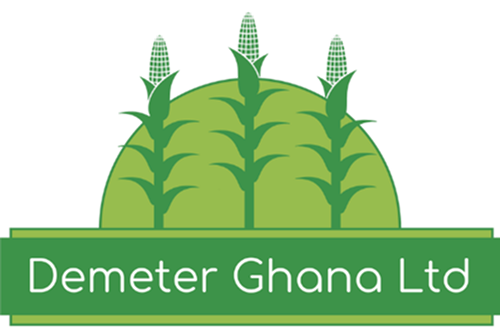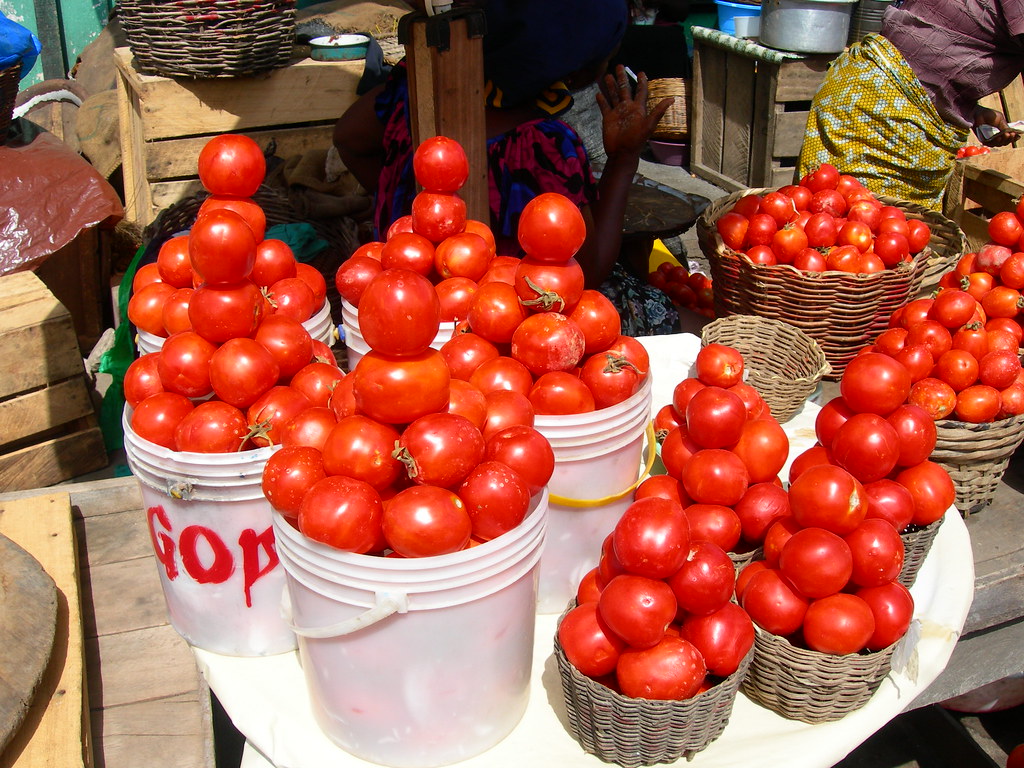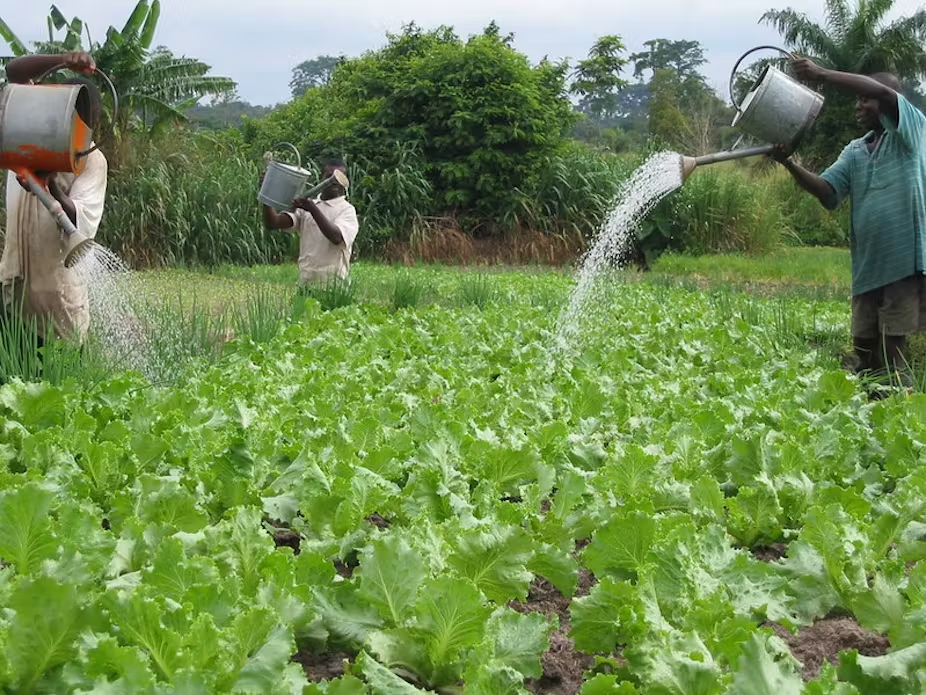PEAK! The Power of Mono Potassium Phosphate for Ghanaian Farmers
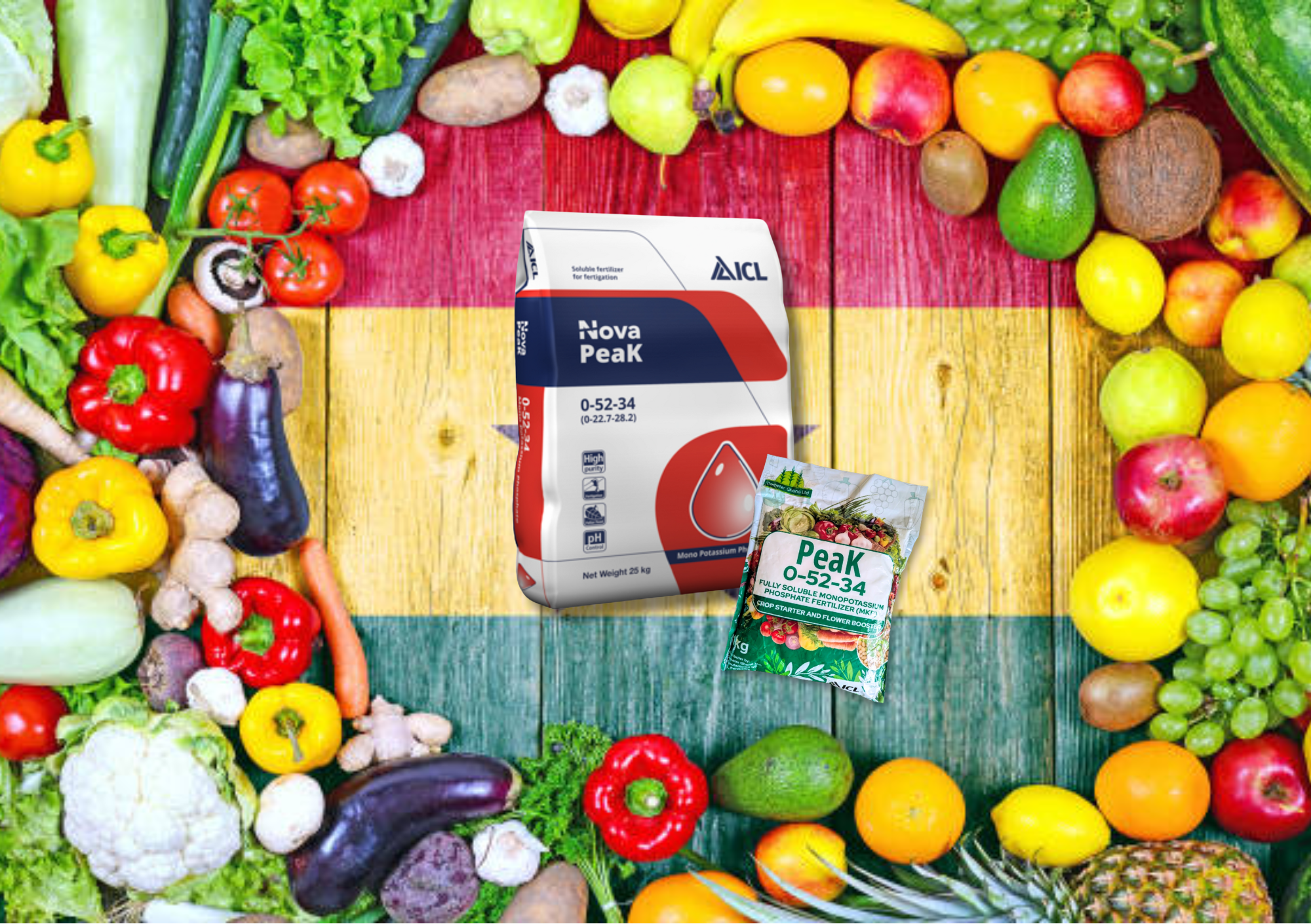
In today’s competitive agricultural landscape, nutrient management is no longer optional, it is the backbone of productivity, crop quality, and sustainability. Among the wide range of specialty fertilisers available, Mono Potassium Phosphate (MKP), known as PeaK (0-52-34), stands out as a premium solution trusted by farmers across the globe.
Produced by ICL, the world’s largest manufacturer of MKP, PeaK delivers high purity, full water solubility, and a formulation that provides 52% phosphorus (P₂O₅) and 34% potassium (K₂O), with zero nitrogen. This unique balance makes it ideal for crops that require phosphorus and potassium in precise quantities without the risk of excessive vegetative growth from nitrogen.
Why Choose PeaK MKP?
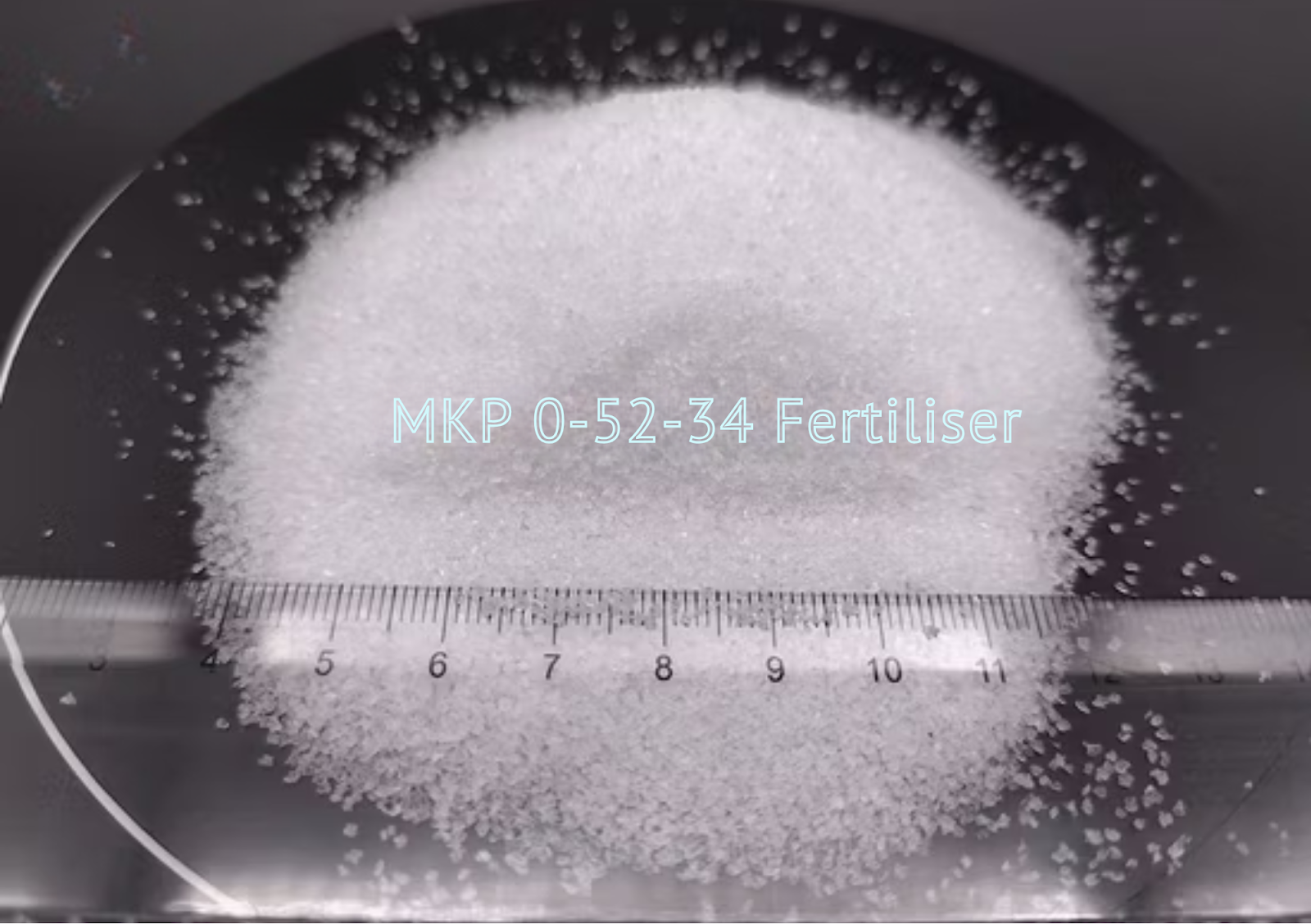
PeaK is designed for precision agriculture and offers several advantages:
- Chloride-free and ultra-pure , safe for sensitive crops such as grapes, strawberries, leafy greens, mango, and cocoa nurseries.
- Low salt index , minimises risk of leaf burn and makes it safe for seedlings and foliar applications.
- Completely water-soluble , ensuring no residue in drip irrigation or fertigation systems.
- Nitrogen-free , allows growers to adjust nitrogen separately depending on crop stage.
- Buffering capacity , stabilises solution pH, protecting crops from stress.
- Stress resilience , strengthens plants against drought, salinity, and disease pressure.
For Ghanaian farmers, these features address very real challenges: erratic rainfall, low soil fertility, and high post-harvest losses.
Supporting Crops at Every Growth Stage
Establishment: Germination & Early Growth
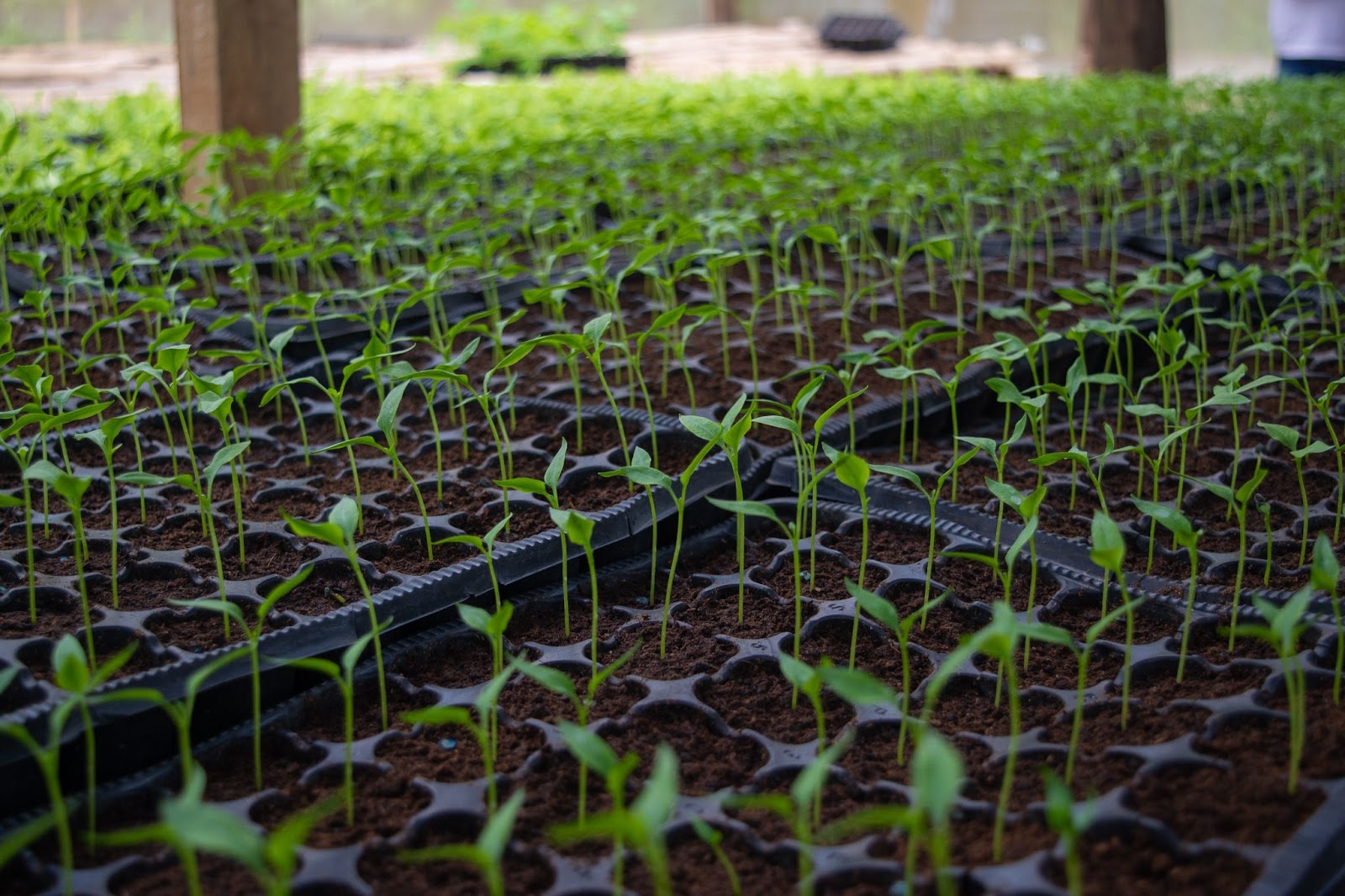
At this stage, phosphorus is critical for root development, while potassium aids cell division and strengthens seedlings against early stress. In Ghana, crops such as maize, rice, and vegetables benefit from uniform establishment, better anchorage, and early vigour when MKP is used.
Vegetative Stage: Leaf & Shoot Growth
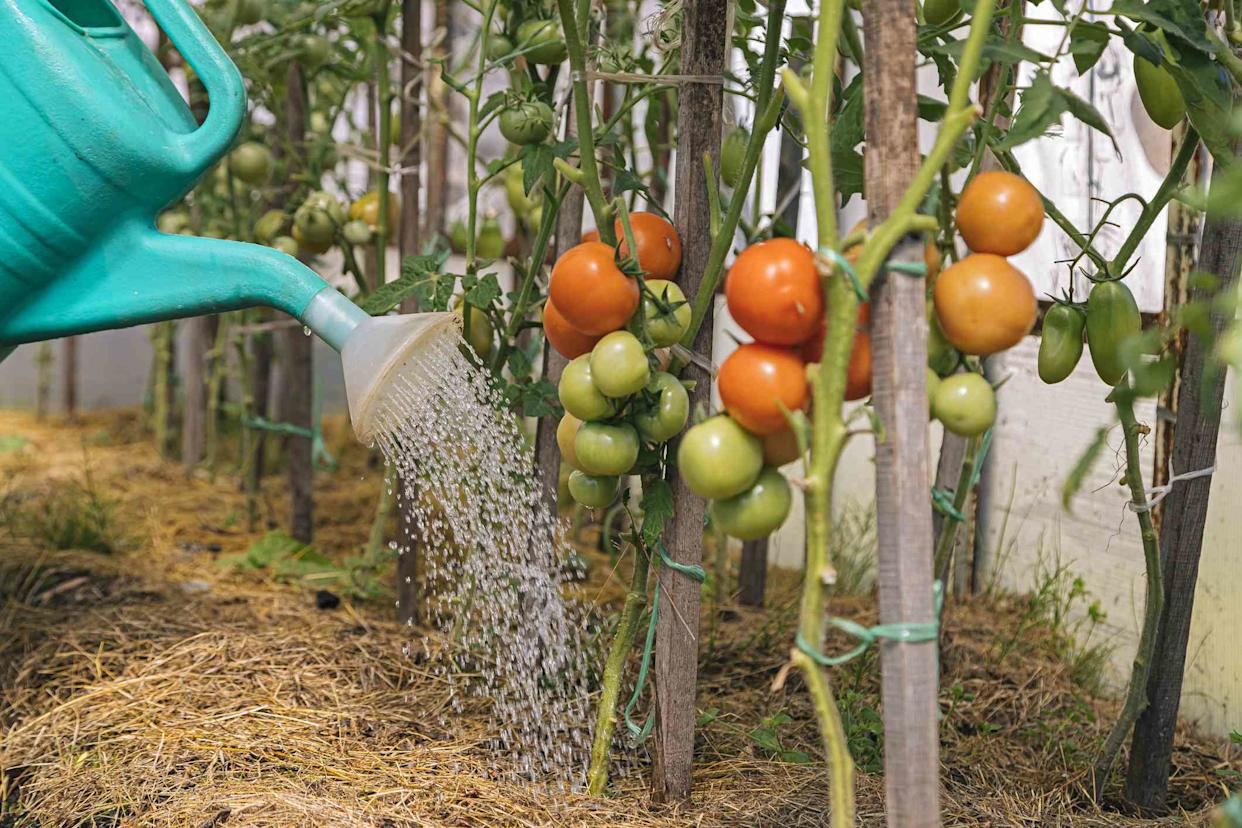
Phosphorus fuels energy transfer (ATP), powering photosynthesis and biomass accumulation. Potassium regulates water efficiency, helping crops withstand the Harmattan’s dry winds or heat stress. This is particularly valuable for tomatoes, peppers, and okra in Ghana’s irrigation schemes, where drought tolerance can make the difference between profit and loss.
Reproductive & Productive Stage: Flowering, Fruit Set & Yield
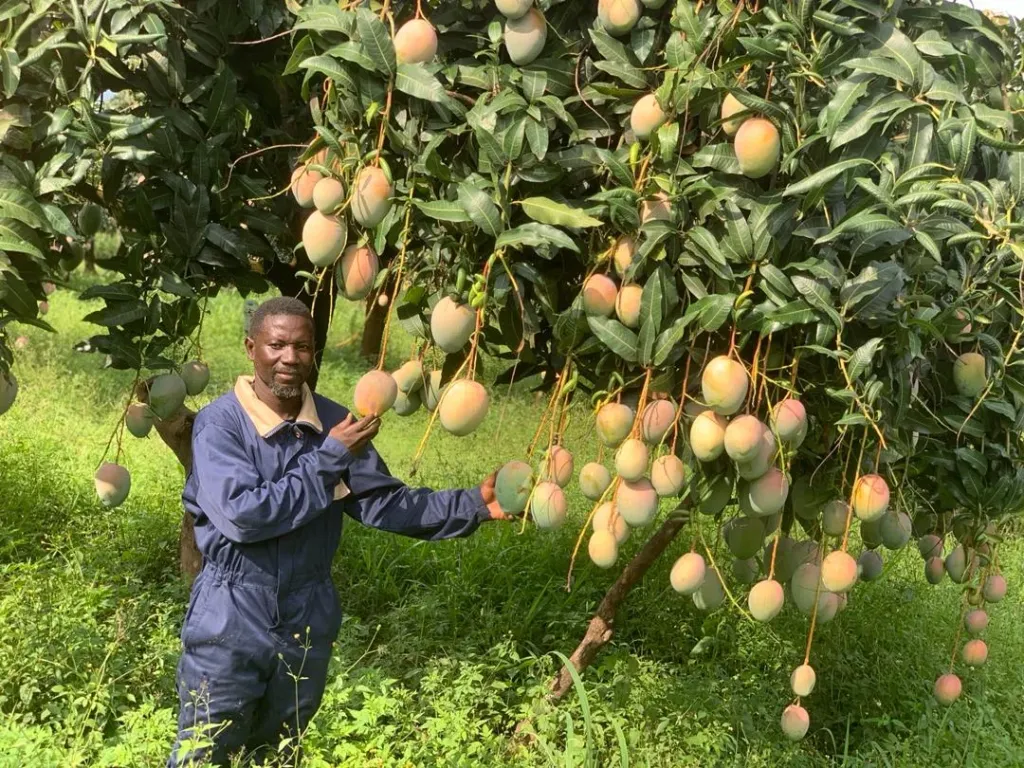
During flowering and fruiting, potassium becomes central to sugar translocation, fruit filling, colour, and flavour. Applying MKP at these stages boosts fruit retention, reduces flower abortion, and extends shelf life. For mango, pineapple, citrus, and cocoa, the impact is evident: higher yields, better uniformity, and improved export quality.
Regional Benefits for Ghana and West Africa
- Soil fertility support: Ghanaian soils are typically low in available phosphorus. MKP provides a readily available source that resists soil fixation.
- Crop disease management: Foliar sprays of MKP can reduce fungal issues such as powdery mildew in cucumbers, mango, and melons.
- Export competitiveness: Pineapple and mango destined for EU and Middle Eastern markets require superior size, sweetness, and post-harvest life, all enhanced by MKP.
- Irrigation compatibility: Drip systems in Accra, Kumasi, Tamale, and the Volta Region benefit from MKP’s clog-free solubility.
- Climate resilience: In the Guinea Savannah, where maize and soya often suffer from mid-season drought, MKP improves stress tolerance and yield stability.
Practical Usage Guidelines
- Vegetables (tomato, pepper, okra): Foliar application at 1–2% concentration during pre-flowering and fruit set.
- Maize and cereals: Side-dressing or fertigation at early growth to boost root establishment.
- Cocoa nurseries: Foliar sprays for vigorous seedlings and strong transplant success.
- Fruit crops (mango, pineapple, citrus, banana): 2–3 applications from flowering through fruit filling.
- Rice: Application at panicle initiation to enhance grain filling.
NB: Always begin with small trial plots to fine-tune dosage for local conditions.
Environmental and Economic Value
PeaK is not only a fertiliser but also a strategic tool for sustainable agriculture:
- Soil-friendly: Chloride-free, preventing salt build-up in irrigated soils.
- Efficient logistics: Its high concentration reduces transport and storage costs, important in rural Ghana and West Africa.
- Better incomes: Higher yields and superior quality produce fetch better prices in local markets and secure access to export chains.
In Conclusion
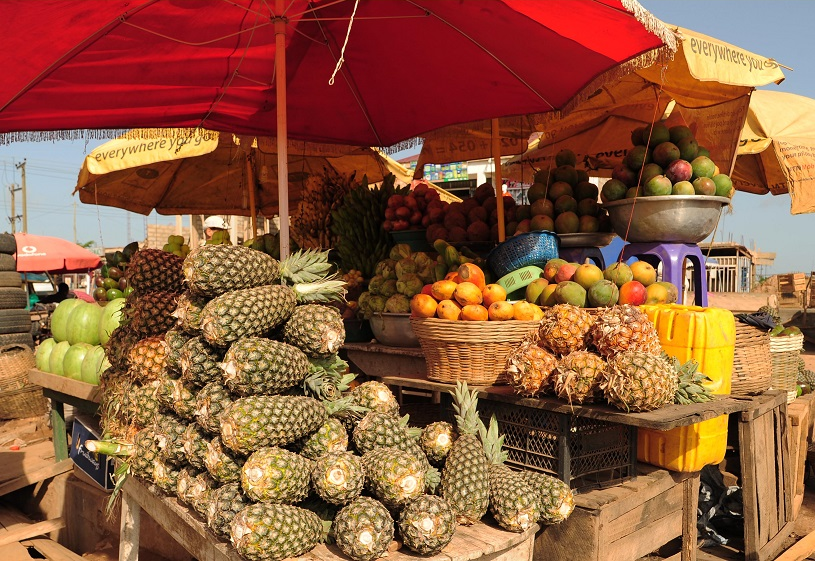
Mono Potassium Phosphate (PeaK MKP) is redefining how farmers manage crops through all growth stages. For Ghanaian and Ghanaian farmers, it provides a solution that addresses nutrient deficiencies, enhances resilience against climate stresses, and opens doors to premium markets.
Whether you are growing vegetables in open fields, managing mango or pineapple orchards, or investing in drip-irrigated systems, PeaK is more than a fertiliser, it is a partner for productivity, quality, and sustainability.
Learn More & Get in Touch!
Want to unlock the full potential of your crops with PeaK Mono Potassium Phosphate (MKP 0-52-34)?
Visit our product page HERE.
You can also reach out directly to our team for tailored advice:
Call or WhatsApp us on 024 529 7047.
We are ready to help you grow stronger, healthier, and more profitable crops.
